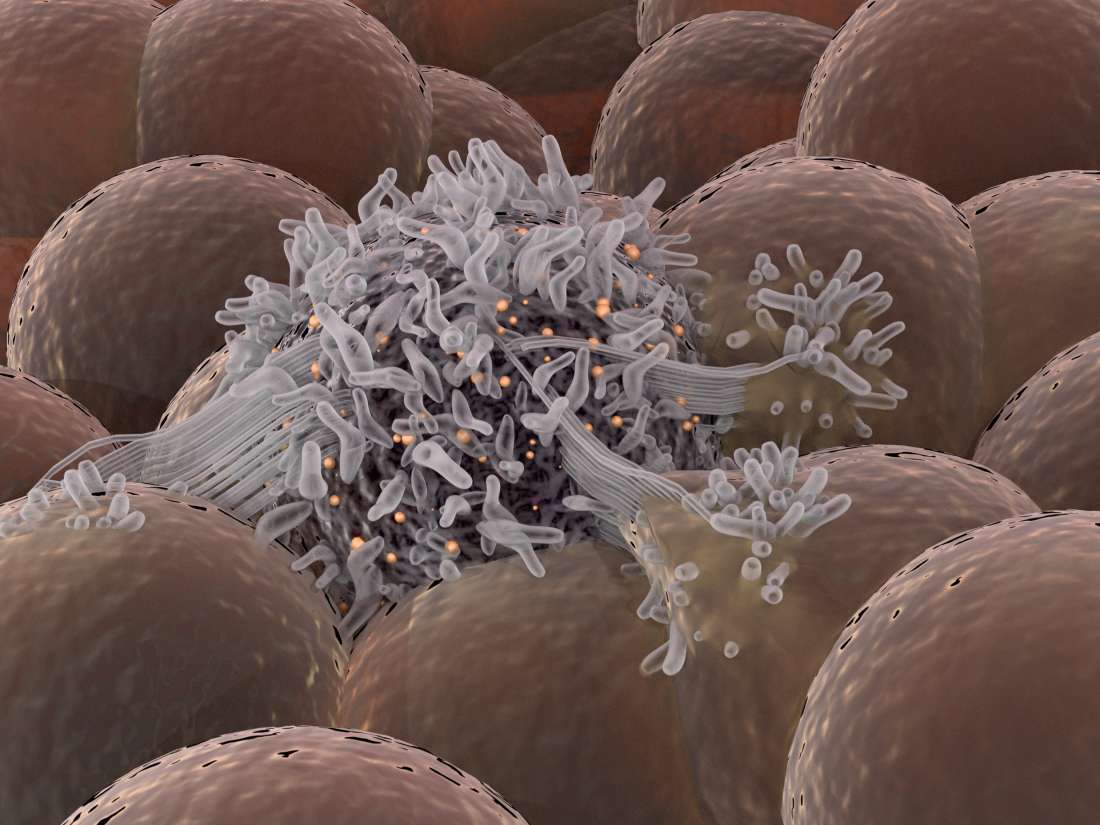In my previous articles, I have already discussed breast cancer and fucoidan. It’s a well-known fact that breast cancer is the most common cancer in women. Therefore, I would like to verify fucoidan and breast cancer once again from research conducted from a different angle. Do you know women are worried about having to make decisions about breast-removal because of breast cancer? I wanted to share how using fucoidan can help solve the problem.
As for the treatment of breast cancer, there are Molecular target treatment agents and hormone treatment that target for promoting the proliferation of cancer. These treatments include estrogen receptor (ER), progesterone receptor (PgR), and human epidermal growth factor receptor 2 (HER2) other than conventional treatment such as surgery and radiation therapy. However, triple-negative subtype breast cancer (TNBC) is the classified negative of all three receptors (ER, PgR, and HER2). It cannot accept either outcome, and the choice of treatment is limited as well. Therefore, TNBC is known to have many risks of recurrence and poor prognosis, and an effective treatment strategy is required.
Recently anti-tumor activity of fucoidan, a complex, sulfated polysaccharide obtained from brown seaweed, has been noted, and it has been reported that fucoidan induces apoptosis in mouse breast cancer cells in our previous study. However, the effect of fucoidan on TNBC is still unknown.
This study examines the anti-cancer benefits of fucoidan as well as its underlying molecular mechanisms in the human triple-negative breast cancer (TNBC) cell line MDA-MB-23. Also, in 7, 12-dimethylbenz(a)anthracene (DMBA) – induced experimental mammary carcinogenesis in rats.
(Experiment and Result)
First, we compared and analyzed the survival of cancer cells after they were treated fucoidan (0, 6.25, 12.5, 25 μg/mL) to MDA-MB-231 cells and cultivated each one of them for 24, 48, and 72 hours. As a result, fucoidan treatment significantly inhibited the proliferation of MDA-MB-231 cells dose-dependently (Fig. 1), also increased the ratio of apoptosis-positive cells as well (data not posted). For apoptosis, that is the programmed death; it has known two types of apoptosis, caspase-dependent, and caspase-independent apoptosis. To examine the former involvement, we investigated the expression of the protein of caspase -3 and caspase -9 by Western blotting; caspases were activated in MDA-MB-231 cells that treated by fucoidan (Fig. 2 1: control, 2-4: 6.25, 12.5, 25 μg/mL fucoidan treated). Also, we examined the expression of AIF and EndoG that are necessary factors at the apoptosis-inducing pathway through mitochondria, and we found it was significantly increased in fucoidan treated cells comparing control. For the result, fucoidan induced apoptosis through PI3K/AKT/GSK3B/pathway (data not posted).
Finally, the effect of fucoidan on tumor growth was examined using rat induced with breast cancer by administering DMBA, and it was shown that weight of tumor was reduced compared with control by oral administration of fucoidan for 16 weeks (Fig. 3).
Based on the result of this study, the mechanism of fucoidan to induce apoptosis of breast cancer has been clarified and expected to be useful as a new treatment of future breast cancer.

*C15 – Caspase-Dependent And Caspase-Independent Induction Of Apoptosis In Breast Cancer By Fucoidan Via The PI3K/AKT/GSK38 Pathway In Vivo And In Vitro by MeilanXue et. al.
